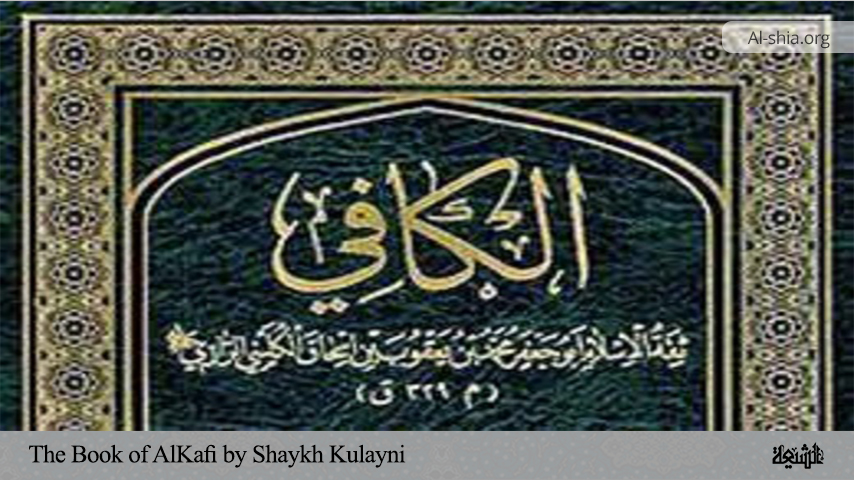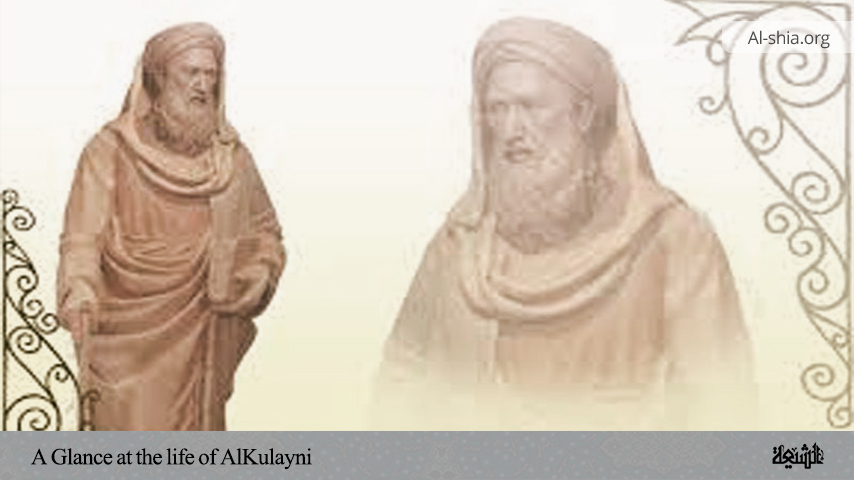Education is considered a fundamental right and duty for every Muslim. The Qur’an emphasizes seeking knowledge as a lifelong pursuit and praises those who teach and share knowledge with others. The Prophet Muhammad (PBUHH) himself placed great emphasis on learning, stating that seeking knowledge is obligatory for every Muslim, male and female. Teachers are regarded with high honour and respect, as they play a crucial role in shaping the moral, intellectual, and spiritual development of individuals and communities. By imparting knowledge, teachers contribute to the betterment of society and the preservation of Islamic values and teachings across generations. In this article, we shall examine the status of knowledge, scholars and likewise, the rights and responsibilities of teachers shall be discussed.
Status of Knowledge and Scholars in Islam
Islam is a religion of knowledge and logical understanding and it promotes knowledge and scientific advancements. From its inception, the message of Islam was founded on the basis of knowledge[1]. It is based on this reason that the Bedouin Arabs of the ‘Age of Ignorance’ (Jahiliyah Period) could progress so much in sciences to such an extent of making remarkable societal and political changes in the Arab world and the remaining parts of the Islamic world. Muslim scholars have contributed greatly to human knowledge and scientific advancements in various fields. For the unique and remarkable roles played by Muslim scholars over the centuries, they have been the pioneers of several scientific and intellectual advancements.
It is unanimously agreed upon that there are over 750 verses in the Qur’an dealing with science (‘Ilm) or its related terms[2]. Likewise, several verses of the Qur’an enjoin human beings to study and reflect on nature. This is undoubtedly a Qur’anic approach towards creating a conducive atmosphere for scientific inquiry. While discussing the possessors of knowledge in the Qur’an, Allah says: “Say, ‘Are those who know equal to those who do not know?’ Only those who possess intellect take admonition[3].”
In this verse, Ayatollah Faqih Imani writes: “It is to be noted that the aforementioned rhetorical question and is regarded as one of the fundamental slogans of the Islamic faith bears testimony to the Glory of knowledge and the knowledgeable against the ignorant and with due consideration of its inclusivity, it is evident that the two groups are neither on a par at Divine Threshold nor from the viewpoint of the aware; they are far apart in this world and the Hereafter. They are inwardly and outwardly unlike to one another. [4]“
And,
“Allah will raise in rank those of you who have faith and those who have been given knowledge, and Allah is well aware of what you do[5].”
Similarly, Prophet Muhammad (PBUHH) was known to be a great patron and an advocator of knowledge and literacy as he encouraged Muslims to pursue various kinds of sciences[6]. In one of his sayings, the ink of the scholars is considered holier and outweighed the blood of the martyrs[7]. He (PBUHH) was also reported to have said: “Knowledge is the source of all goodness and ignorance is the source of all evil[8]”
It is on this basis that the Muslims from the onset paid serious attention to the acquisition and spreading of knowledge and scientific developments. One of such Islamic recommendations, which made a unique impact on the scientific richness of the Muslims, was the command to travel far and wide in the quest for knowledge and new discoveries[9]. Similarly, issue such as religious or communal differences is not anyway a barrier in pursuance of knowledge and skills from others. This can be clearly observed in a popular tradition of the Prophet (PBUHH), which enjoins Muslims to travel as far as China (which was at that time non-Muslims populace) in search of knowledge[10] or the saying of Imam Ali, which enjoins Muslim to take wisdom even from the polytheists[11].
The Status of Teachers
Teaching is one of the most respectful and valuable professions in the world. In Islam, teaching is not just a profession but a sacred duty and a means of serving humanity, enriching lives, and fostering positive change in the world. It is on this basis that all the Prophets of God (peace be upon them) were teachers. In fact, Prophet Muhammad (peace be upon him and his household) was undisputedly the first teacher of the Muslims, while the Qur’an was their first book of knowledge and guidance.
Islam has paid considerable attention to teachers for their being the first brick in the structure of social development and perfection and the cause of guiding and developing behaviours and mentalities of individuals and communities.
The Rights of Teachers
Islam emphasizes the importance of honouring and respecting teachers, acknowledging their rights, and fulfilling one’s obligations towards them. By upholding the rights of teachers, individuals contribute to the promotion of knowledge, wisdom, and righteousness in society. In Islam, teachers are granted several rights that reflect their esteemed position and the importance of their role in society. These rights include:
1. Respect and Honor: Students are obligated to show respect and honour to their teachers. This includes addressing them with courtesy and refraining from disrespectful behaviour or speech.
2. Financial Support: Teachers are entitled to fair compensation for their services. It is considered obligatory for students or their guardians to provide financial support to teachers, ensuring their livelihood and well-being.
3. Gratitude and Appreciation: Students are encouraged to show gratitude and appreciation to their teachers for imparting knowledge and guidance. Expressing thanks and acknowledging the efforts of teachers is not only commendable but also a religious duty.
4. Seeking Permission: Students need to seek permission before entering their teacher’s presence or engaging in any interaction with them. This demonstrates respect for the teacher’s time and privacy.
5. Seeking Forgiveness: Students should seek forgiveness from their teachers for any shortcomings or mistakes they may have made in their behaviour or studies. Seeking forgiveness fosters humility and strengthens the bond between the student and teacher.
6. Support and Assistance: Teachers have the right to expect support and assistance from their students in various aspects, such as classroom management, academic tasks, and community initiatives. Students should strive to be cooperative and helpful to their teachers whenever possible.
The Responsibilities of Teachers
The teachers play a vital role in shaping the present and future of individuals, communities, and societies, contributing to the advancement of knowledge, wisdom, and righteousness in accordance with the teachings of Islam. In Islam, teachers hold significant responsibilities towards their students, the community, and the society at large. These responsibilities include:
1. Imparting Knowledge: Teachers are entrusted with the duty of conveying knowledge to their students in a clear, comprehensive, and accessible manner. They are responsible for teaching academic subjects as well as Islamic principles, ethics, and values.
2. Setting a Good Example: Teachers are expected to serve as role models for their students by embodying the teachings of Islam in their conduct, character, and interactions. They should demonstrate honesty, integrity, kindness, and humility in their words and actions.
3. Nurturing Character Development: Beyond academic education, teachers have a responsibility to nurture the moral and spiritual development of their students. They should instil values such as compassion, empathy, justice, and perseverance, helping students become virtuous individuals who contribute positively to society.
4. Providing Guidance and Support: Teachers are called upon to provide guidance, mentorship, and support to their students, helping them navigate challenges, overcome obstacles, and achieve their full potential. They should be approachable, compassionate, and responsive to the needs of their students.
5. Creating a Positive Learning Environment: Teachers have a responsibility to create a safe, inclusive, and conducive learning environment where all students feel valued, respected, and empowered to participate actively in their education. They should foster a spirit of collaboration, inquiry, and critical thinking among their students.
6. Collaborating with Parents and Communities: Teachers should collaborate with parents, families, and communities to support the holistic development of their students. They should maintain open communication, provide feedback on students’ progress, and work together to address any concerns or challenges that arise.
7. Continuing Professional Development: Teachers have a responsibility to engage in continuous professional development to enhance their knowledge, skills, and effectiveness as educators. They should stay updated on best practices in teaching, pedagogy, and educational technology to meet the evolving needs of their students.
Conclusion
Teaching in Islam is highly valued as it serves as a means of spreading knowledge, fostering intellectual growth, and promoting moral development. In the same way, the status of teachers in Islam is elevated to a position of utmost honour, respect, and responsibility. As inheritors of prophetic knowledge and wisdom, teachers play a pivotal role in shaping the intellectual, moral, and spiritual development of individuals and communities. Islam emphasizes the rights of teachers to be respected, supported, and appreciated, while also outlining their responsibilities to impart knowledge, nurture character, and create positive learning environments. By upholding the status of teachers and fulfilling their duties with sincerity and dedication, we honour the noble tradition of education in Islam and contribute to the flourishing of knowledge, virtue, and righteousness in society.
References
[1] . Qur’an 96: 1-5.
[2] . Muhammad-Ali, Isfahani, “Tafsir ‘Ilmi Qur’an”, P. 133.
[3] . Qur’an 39: 9.
[4] . Ayatullah Sayyid Kamal Faqih ImaniAn Enlightening Commentary into the Light of the Holy Qur’an vol. 16, p. 39.
[5] . Qur’an 58: 11.
[6] . Javad Amoli, “Mafatih al-Hayat”, P. 75.
[7] . Muhammadi, RayShahri, “Muntahab Mizan al-Hikmah”, P. 396 (Hadith 4450).
[8] . Majlisi, “Bihar al-Anwar”, Vol. 77, P. 175.
[9] . Qur’an 3: 137; 6: 11; 12: 109; 16: 36; 29: 20; 30: 9 etc.
[10] . Muttaqi Indi, “Kanz al-Ummal” Hadith 28697.
[11] . Majlisi, Bihar al-Anwar, vol. 2, p. 97.






